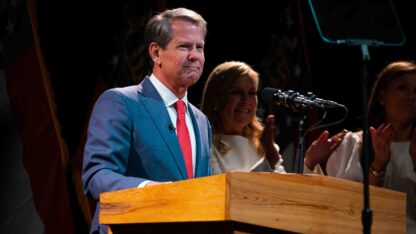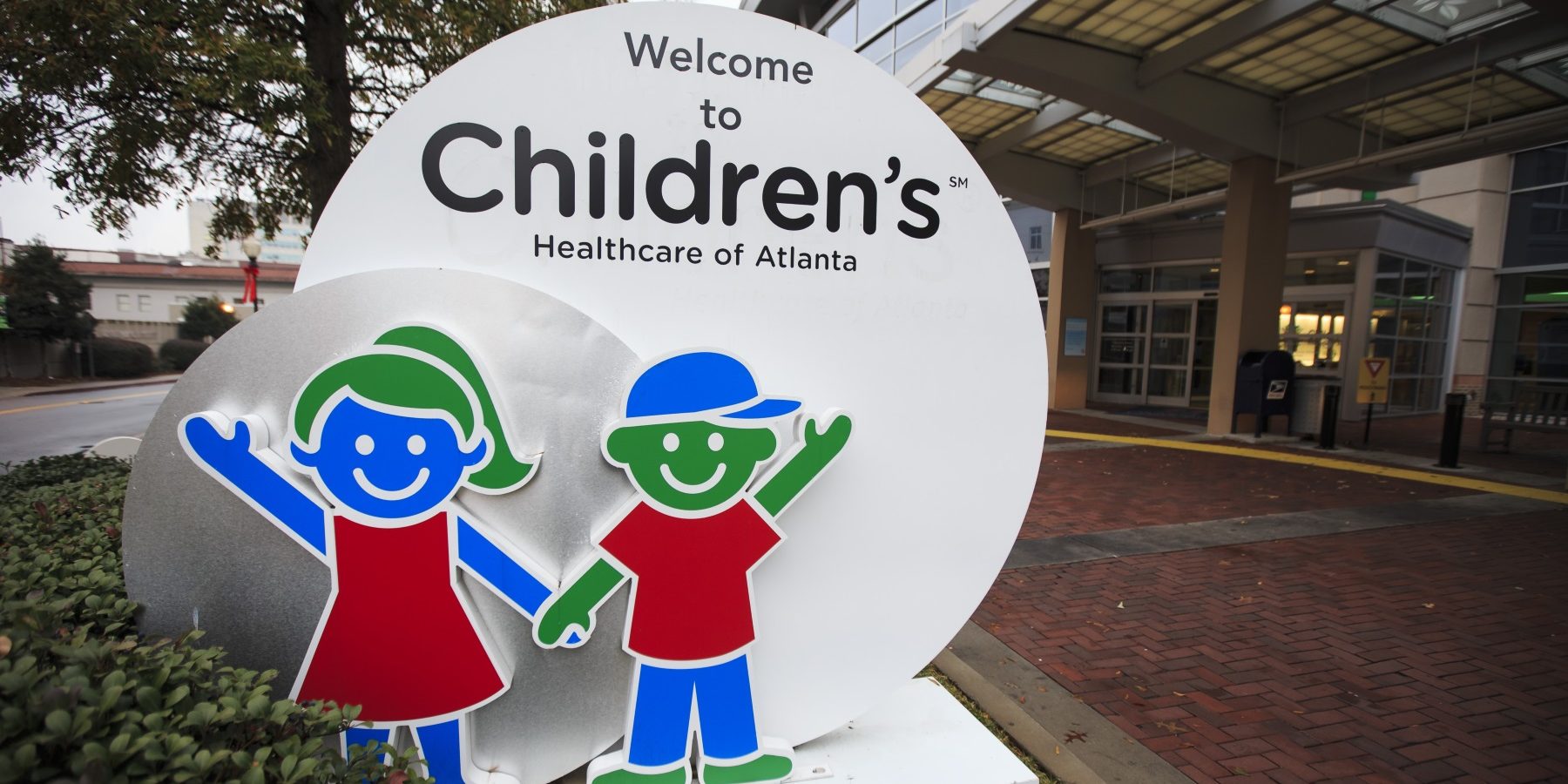Georgia substance abuse and recovery advocates look to expand on Mental Health Parity Act

Former speaker of the Georgia House of Representatives David Ralston, who died earlier in November, led the General Assembly’s efforts to pass H.B. 1013 Mental Health Parity Act.
Mike Stewart / Associated Press
Georgia mental health and addiction recovery advocates are gearing up for the next legislative session that begins in January. At the top of their agenda is a plan to build upon last session’s landmark Mental Health Parity Act H.B. 1013.
A coalition of organizations is already meeting with General Assembly lawmakers, including Newington Republican Majority Leader Jon Burns, who is set to become the next House speaker.
Georgia Council for Recovery Policy Director Jeff Breedlove says he hopes Burns will continue to build on the work of mental health system reform championed by his predecessor, the late David Ralston, who died Nov. 16.
“We have been 51st in many, many surveys. It’s going to take a series of big bills to transform this broken system into a system that the state of Georgia is proud of,” Breedlove said.
“We are enthusiastic that we have a speaker coming in who wants to carry on all the positive movement on behavioral health reform in Georgia. Burns has proven that he’s a champion for the recovery community, and we think that he will take speaker Ralston’s legacy to the next level.”
Burns was among the bipartisan House and Senate lawmakers who overwhelmingly voted to pass H.B. 1013.
The law’s parity provisions require health insurers to cover mental health conditions on par with physical conditions, barring insurers from denying patients medically necessary care.
The law also aims to expand access to behavioral health and substance abuse treatment services across the state, and grow the state’s treatment and mental health provider workforce.
As the legislation continues to roll out, Breedlove said his coalition, which includes NAMI Georgia, is already busy lobbying the governor, the General Assembly and the Behavioral Health and Innovation Reform Commission to support these efforts in the next session.
“We’ll look at making a case that this is the time to expand funding of existing state programs that the state already pays for because the numbers of overdoses keep going up. And we need to increase the funding to support recovery programs.”
Department of Public Health data shows opioid overdose deaths continue to rise in the state, with 67% of Georgia drug overdose deaths in 2020 linked to opioids.
The Mental Health Parity Act took effect in July.








